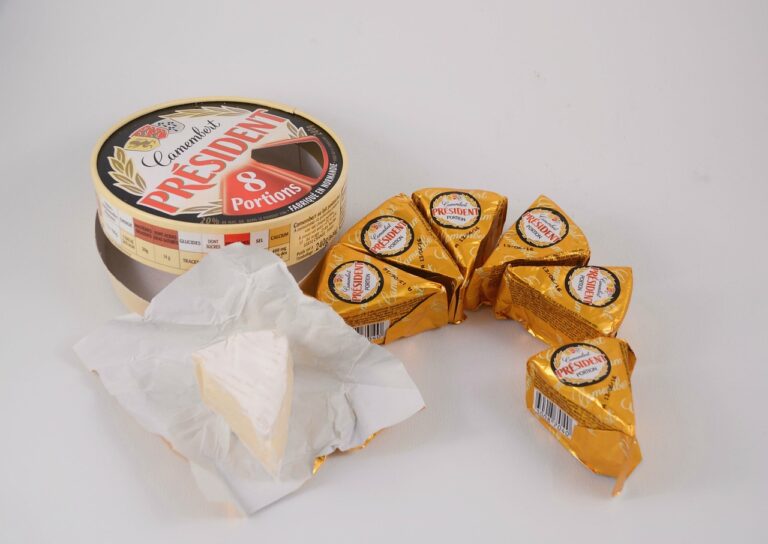Food Storage and Health: Minimizing Toxins and Contaminants: Cricbet.99, Sky1exchange, Cricbet99 reddy anna
cricbet.99, sky1exchange, cricbet99 reddy anna: Food Storage and Health: Minimizing Toxins and Contaminants
As we become more conscious of our health and wellbeing, it’s essential to pay attention not only to the foods we eat but also how we store them. Proper food storage can help minimize toxins and contaminants that may seep into our food, ensuring that we consume only the best quality ingredients. In this blog post, we’ll explore some tips and techniques for keeping your food safe and healthy.
The Importance of Proper Food Storage
Food storage is crucial for maintaining the freshness and quality of our ingredients. When food is not stored properly, it can attract harmful bacteria and toxins that may cause foodborne illnesses. By storing food correctly, we can prolong its shelf life and reduce the risk of contamination.
Tips for Minimizing Toxins and Contaminants
1. Use Airtight Containers: Store your food in airtight containers to prevent exposure to air and moisture, which can lead to spoilage and contamination.
2. Keep Temperature Consistent: Maintain a consistent temperature in your refrigerator and freezer to prevent the growth of bacteria. Use a thermometer to monitor the temperature regularly.
3. Store Raw Meats Separate: Raw meats should be stored separately from other foods to prevent cross-contamination. Use separate cutting boards and utensils for raw meats to avoid spreading harmful bacteria.
4. Clean and Sanitize Storage Areas: Regularly clean and sanitize your storage areas to prevent the buildup of bacteria and mold. Use a mild detergent and warm water to clean shelves, drawers, and containers.
5. Check Expiration Dates: Make sure to check the expiration dates on food packages and discard any items that are past their prime. Consuming expired food can lead to food poisoning and other health issues.
6. Rotate Stock: Use the first-in-first-out (FIFO) method to rotate your stock and ensure that older items are used before newer ones. This will help prevent food waste and ensure that you’re always consuming fresh ingredients.
7. Avoid Plastic Containers: Plastic containers can leach harmful chemicals into food, especially when heated. Opt for glass or stainless steel containers for storing food to minimize exposure to toxins.
8. Wash Produce Thoroughly: Before storing fruits and vegetables, make sure to wash them thoroughly under running water to remove dirt, pesticides, and bacteria. Use a brush for firm produce like potatoes and carrots.
9. Store Leftovers Properly: After cooking a meal, store leftovers in airtight containers and refrigerate them promptly. Consume leftovers within 3-4 days to ensure freshness and safety.
10. Be Mindful of Storage Times: Different foods have varying storage times. Be mindful of how long each item can be stored in the fridge or freezer to prevent spoilage and contamination.
FAQs
Q: Can I store food in its original packaging?
A: It’s best to transfer food to airtight containers to prolong its shelf life and prevent contamination.
Q: How often should I clean my refrigerator?
A: Aim to clean your refrigerator every 3-4 months to prevent the buildup of bacteria and mold.
Q: Is it safe to store food in the freezer for extended periods?
A: While food can be stored in the freezer for extended periods, it’s best to consume it within 3-6 months for optimal freshness.
Q: Should I wash produce before storing it?
A: Yes, it’s essential to wash produce before storing it to remove dirt, pesticides, and bacteria that may be present on the surface.
In conclusion, proper food storage is essential for maintaining the quality and safety of our ingredients. By following these tips and techniques, you can minimize toxins and contaminants in your food, ensuring that you and your family consume only the best quality ingredients for optimal health and wellbeing.







